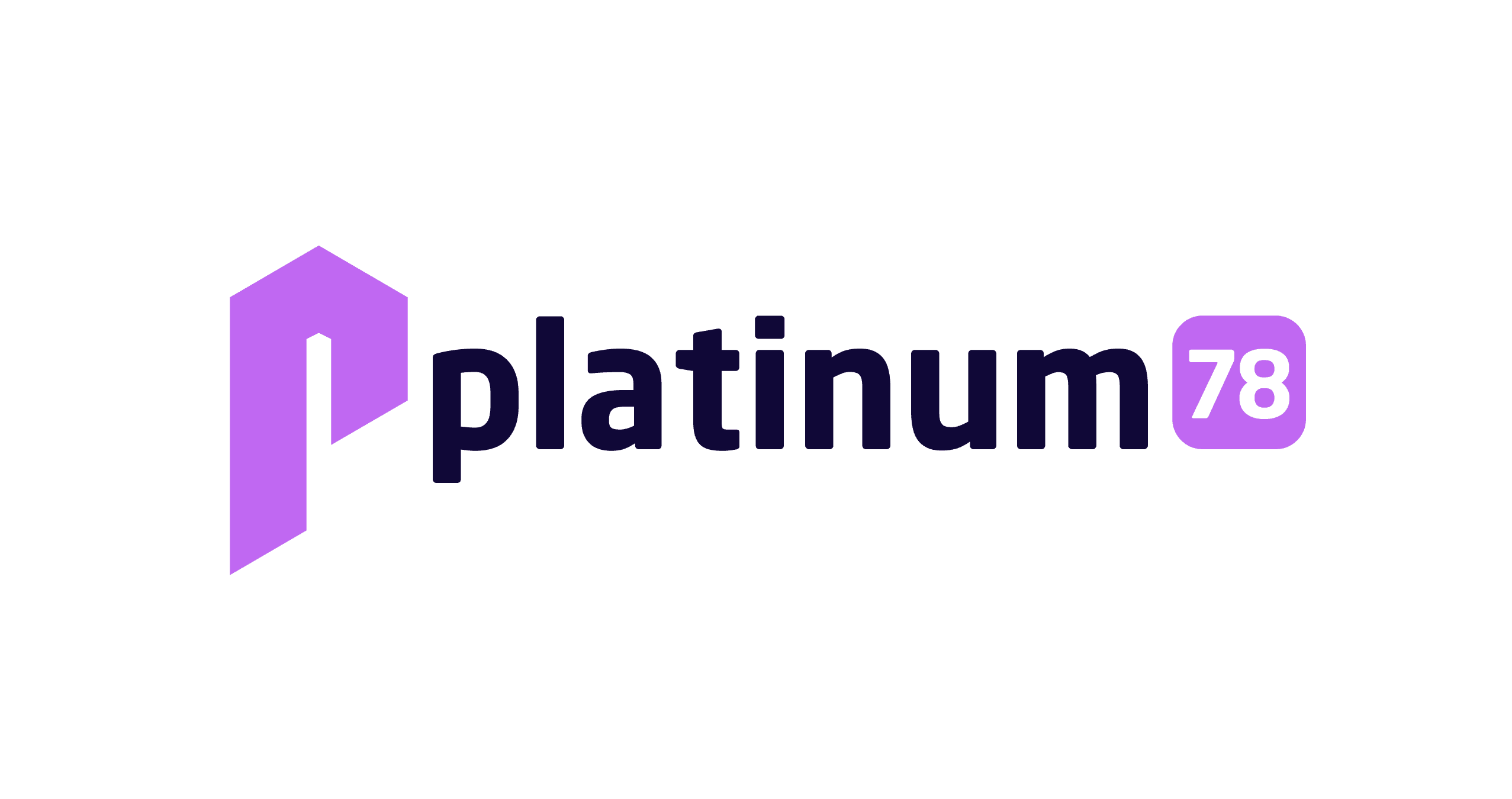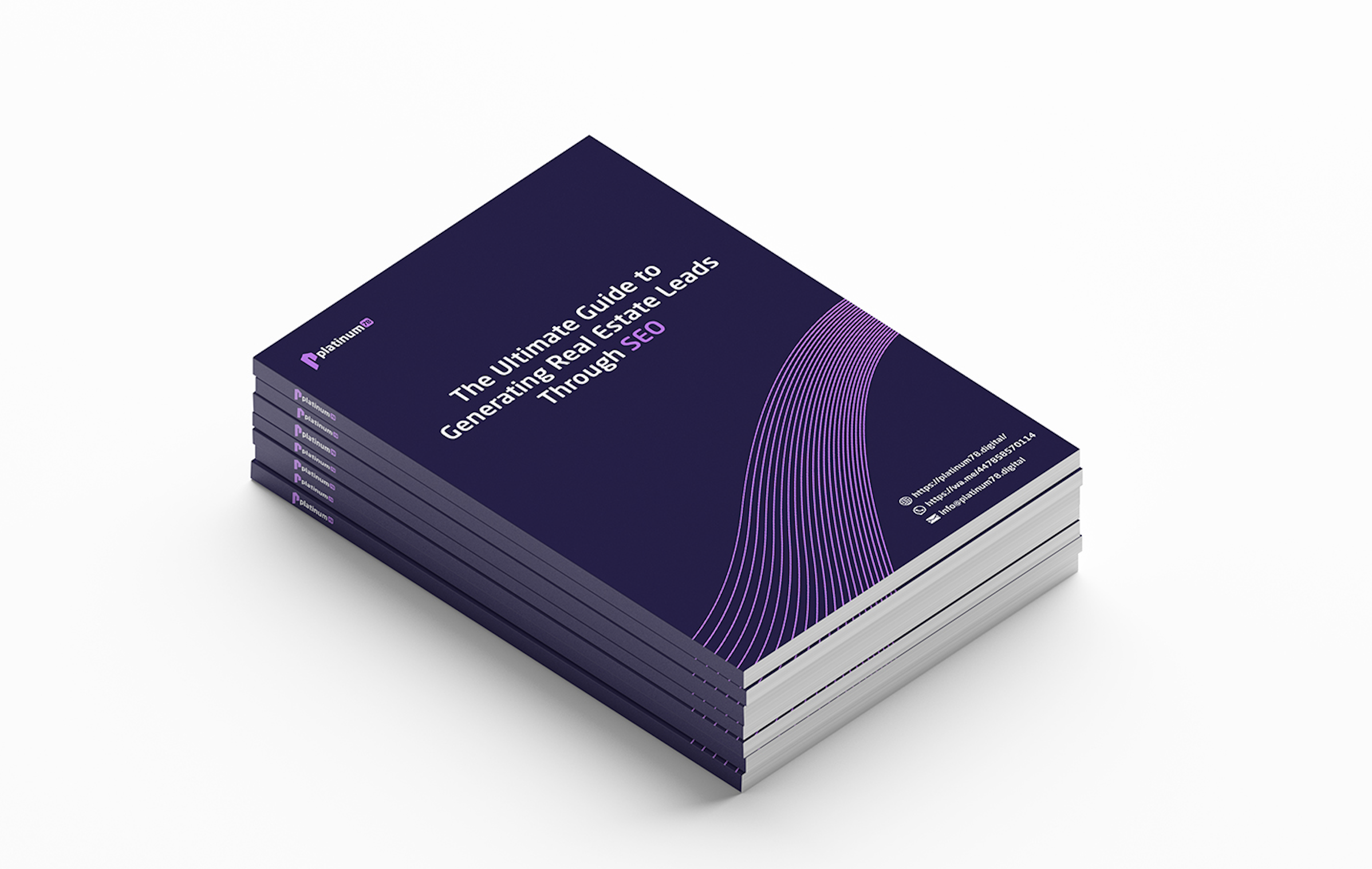If you’re in the world of digital marketing, you’ve likely heard about Google’s “Helpful Content” updates. As we approach 2025, it’s clear that Google is doubling down on its commitment to rewarding content that truly serves users. But what does this mean for your digital marketing strategy? In this blog, we’ll break down the latest changes and explore what you can do to stay digitally relevant.
Summary of Updates
Google has always been focused on giving users the best possible search experience. But in 2024, they took things a step further by using sitewide signals to evaluate content. This means that if even a portion of your site has content that doesn’t meet Google’s helpfulness standards, it could affect your entire domain’s rankings.
In previous years, you might have gotten away with churning out keyword-heavy blog posts to boost visibility. Not anymore. Google is prioritising people-first content that genuinely answers searchers’ questions. It’s about quality, not quantity; regardless of whether the content is human-written or AI-assisted.
A few years ago, targeting meta keywords and rolling out repetitive content might have been the norm. However, Google’s approach has evolved significantly since then; meta keywords are now practically obsolete, and the focus has shifted to high-quality content focused on answering questions for the reader.
How Does This Impact Your SEO Strategy?
Essentially, Google is now looking at the bigger picture of your website rather than evaluating individual pages in isolation. They “analyse” based on the following aspects:
- User Intent
When creating content, ask yourself: Does this piece genuinely answer a question or solve a problem for my audience? For instance, in relation to our site, does our content help potential clients understand complex topics like SEO, PPC, or social media strategy, rather than just stuffing keywords to rank.
- Sitewide Content
Unlike previous updates, this one affects your entire site. If you have outdated or low-quality content lurking on some pages, it could drag down your rankings across the board. A regular content audit is now more crucial than ever.
- AI Content is Okay “ish”
There’s been a lot of debate around AI-generated content. Google isn’t against AI per se, but it is against content that feels generic and unhelpful. The update shows that AI can be part of your content strategy if it’s used to enhance, not replace, quality. For example, AI can help you draft an outline, but it’s your expertise that needs to shine through.
Planning for 2025
Here’s some of our advisable steps to take when rolling out content in the coming weeks and months:
- Answer the Right Questions: Create content that directly addresses what your audience is searching for. If your agency specialises in B2B marketing, for instance, write blogs that solve specific challenges faced by businesses – like optimising LinkedIn ads or leveraging Google Analytics for lead generation.
- Utilise Multimedia: Consider adding value with visuals, infographics, and videos. Google values content that enhances user experience, so a well-placed infographic or a quick explainer video can boost engagement.
- Optimise for Mobile and User Experience (UX): Beyond content quality, user experience plays a role. Make sure your website is mobile-friendly and loads quickly. Google’s algorithm factors in not just what’s on your page, but how users interact with it.
Conclusion
Google’s updates really highlight that content is no longer just a shortcut to better SEO; you genuinely have to help your audience. Moving into 2025, businesses need to prioritise quality over quantity, align content with user intent, and regularly audit their sites to remove outdated material. So, in short, content is still king when it comes to SEO, but only the kind that’s genuinely worth reading!




